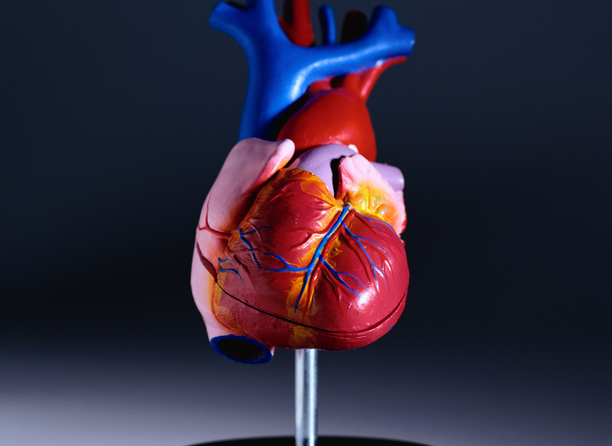O3Desi - Manufacturer-independent ozone disinfection for hypothermia devices
Ref.-No. 4751
Keywords: Desinfection, ozone, ultra violet, hypothermia device, cardiosurgery
Careful control of the patient's blood temperature is imperative in cardiac surgery. The heat exchangers used for this purpose are usually integrated in the oxygenator of the heart-lung machine. The temperature of the heat exchange medium (water) is controlled with hypothermic devices. The tendency of bacterial contamination of the water in hypothermic devices poses a risk of postoperative bacterial infection (particularly from Mycobacterium chimaera). BfArM and FDA have therefore issued corresponding warnings. The manufacturers of the hypothermia devices have also responded and published appropriate instructions for the disinfection of their devices. A reliable, automatic disinfection of the required hypothermia equipment is of great interest for hospitals with cardiac/thoracic departments. Scientists from the FH Dortmund University of Applied Sciences and Arts and the Bochum University Hospital Bergmannsheil in have now presented the manufacturer-independent disinfection system O3Desi. O3Desi uses ozone to achieve a bacterial count in the water cycle of any hypothermia device that even meets the requirements of the German Drinking Water Ordinance. Before the sterilized water is returned to the hypothermia device, O3Desi completely dissipates the ozone using UV radiation. The designers have taken technical precautions to ensure that in case of failure, for example if ozone concentrations are too high or in the event of power failure, only ozone-free water is returned into the cooling circuit.
Competitive Advantages
- Compatible with any hypothermia device
- Manufacturer-independent
- Very low bacterial Counts
- Reliable
- Failsafe
- Automatic
- Unattended
- Economical
Current Status
O3Desi has been applied for patent. We would be pleased to inform you about the status of the proceedings. O3Desi was already able to demonstrate its functionality in initial trials. On behalf of the University of Applied Sciences and Arts Dortmund, PROvendis is looking for companies that are interested in a cooperation.
Relevant Puclications
Empfehlungen des BfArM: „Möglicher Zusammenhang zwischen Hypothermiegeräten und Infektionsrisiko mit Mykobakterien bei der Herzchirurgie“, zuletzt ergänzt am 22.12.2016.
—
An invention of FH Dortmund.



